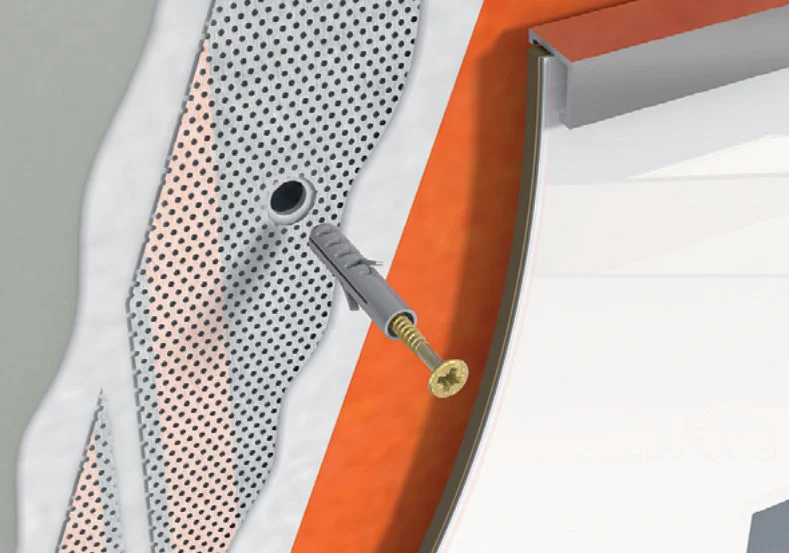CarbonTHERM
Wall installation with CarbonTHERM
The CarbonTherm heating system has been tested for indoor use and is safe.
It is energy efficient and cost-effective. It also has a low environmental impact, with zero emissions and no noise. CarbonTherm is easy to install and maintain, and it’s reliable, with a long lifespan. It also requires no special ventilation or air cleaning systems. Additionally, CarbonTherm is an attractive and affordable option for homeowners looking to upgrade their heating systems.
The advantages of the CarbonTHERM heating system

Wall Installation
Installing CarbonTHERM on your walls gives your home the benefit of having an effective heating system, without limiting your decorating options. This means that you can still hang whatever you like, without damaging the heating film. With CarbonTHERM, you can truly enjoy the warmth of a cozy home with all the freedom to customize the interior design as you desire.
Optimum Heat Distribution
Our dedication to safety and excellence is evident in every CarbonTHERM product, all of which have been vigorously tested and surpassed industry standards.
Safe and High Quality
CarbonTherm is an outstanding choice for an array of applications due to its superior chemical and fatigue resistance. The material is highly durable and adheres firmly with flooring and protective coatings.
Stylish Design
CarbonTHERM is designed to last for an long time, and its low maintenance requirements help to keep its operating costs down.
Operating Cost
Before installation begins, an installation plan must be drawn to find and determine the position of the heating films, the power supply units, the electrical supply lines and, if applicable,thetemperature sensor.
In order to guarantee optimum system viability, it is advisable to carry out accurate dimensioning and planning (e.g., heating load calculation). In the case of floor surfaces, care needstobetakentomakesurethat the heating areas are not covered. The products that are to be heated need to be checked to make sure they are designed for such systems (manufacturer’s approval for electrical radiant heating applications), with particular attention being paid to the information provided about thickness and heat conductivity λ[W/(mK)] and/or the heat transfer resistance R[ft2 K/W] resulting from this. The maximum heat transfer resistance of the floor covering, including the underlay that forms part of the floorcovering,mustnotexceed R = 0,15 ft2 K/W. Optimum, fast heat distribution is achieved with very thin coverings (wallpaper, plaster systems, ceramic/marble coverings).
